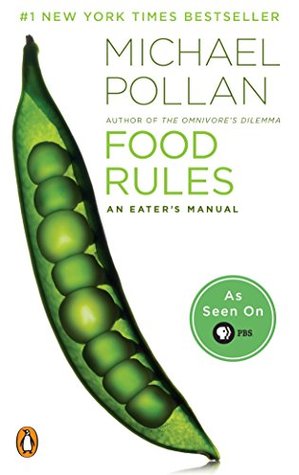More on this book
Community
Kindle Notes & Highlights
Human beings ate well and kept themselves healthy for millennia before nutritional science came along to tell us how to do it; it is entirely possible to eat healthily without knowing what an antioxidant is.
The rules are framed in terms of culture rather than science, though in many cases science has confirmed what culture has long known; not surprisingly, these two different vocabularies, or ways of knowing, often come to the same conclusion (as when scientists recently confirmed that the traditional practice of eating tomatoes with olive oil is good for you, because the lycopene in the tomatoes is soluble in oil, making it easier for your body to absorb).
My wager is that that voice has as much or more to teach us, and to help us right our relationship to food, than the voices of science and industry and government.
The fields and forests are crowded with plants containing higher levels of various phytochemicals than their domesticated cousins. Why? Because these plants have to defend themselves against pests and diseases without any help from us, and because historically we’ve tended to select and breed crop plants for sweetness;
it is a food experience rather than mere calories you’re after, the slower you eat, the more of an experience you will have.
“Leave something for Mr. Manners,” some children once were told, or, “Better to go to waste than to waist.” Practice not cleaning your plate; it will help you eat less in the short term and develop self-control in the long.


